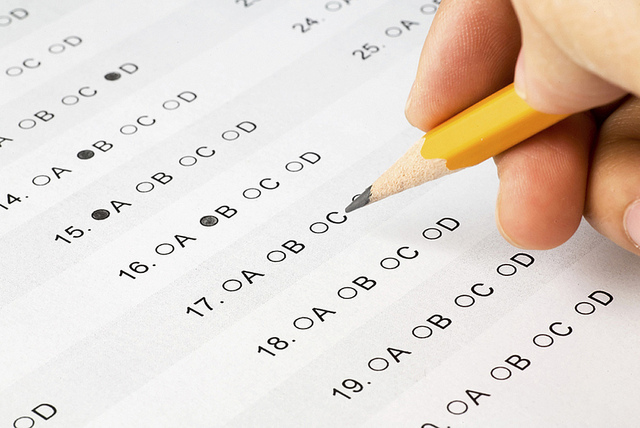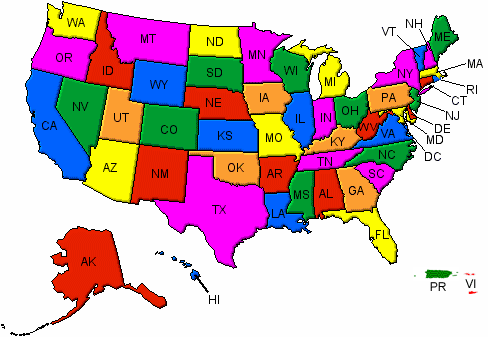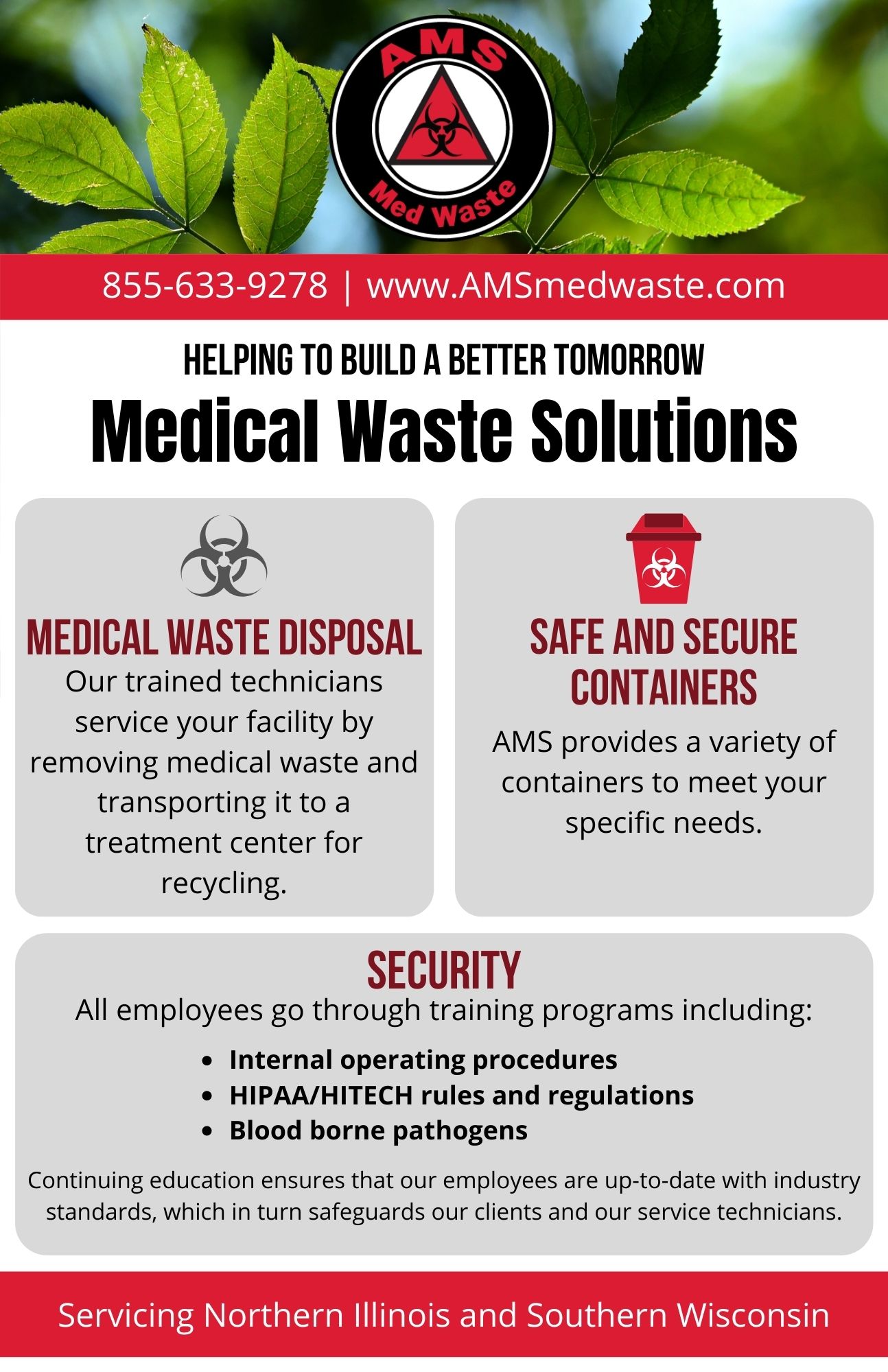If you’ve recently moved or purchased a house, you probably researched local schools first. These days, access to test scores is only a click of the mouse away – but critics argue that this information tells us more about the socio-economic status (SES) of the student body than about the quality of the schools themselves. How much do we really value diversity? And how much can you learn about a school based on its test scores?
That high socio-economic status is correlated with academic success is unpalatable, but undeniable. Economist Steven Levitt described some of the factors most highly correlated with high test scores in his book Freakonomics: highly educated parents and high socio-economic status mattered more than intact families, daily reading sessions, and an at-home mother.
“The research on this issue says that the variable that counts for supporting high academic achievement is high expectations,” says Carol Pate, Ed.D., Associate Professor and Chair of the Education Department at Chestnut Hill College. “Parents who are in the high SES realm expect that their children will achieve at the level to continue the lifestyle, whether it means in a professional manner, economic or a combination of both. In addition, children of high SES parents are also more likely to inherit good genes resulting from supportive nutritional, medical and overall environmental care. Finally, children of high SES parents…are able to concentrate on their schooling…because they do not need to be concerned about the necessities of life, such as nutritional foods, safety in the community and schools, and finding adults to care for them.”
While some of these factors, like safe hallways, do directly involve schools, most do not – yet they have an impact on the test scores parents use in finding the “best” schools. Schools may have excellent facilities, involved teachers, and high per-pupil spending, but still score lower than a school with a wealthier student body and high scores. “It is critical that parents don’t stop at the question, ‘what is the best school?’ and instead move toward ‘what is the best school for my child?’” says Dan Gilbert, Lecturer at the Stanford School of Education.
If test scores aren’t enough, what should parents consider? Pate recommends seeking out:
- schools that devote time for teacher collaboration
- teachers that provide significantly more frequent feedback to parents than a typical report card
- schools that invite parents to be part of the school community in meaningful ways
- schools that involve students in service learning and community-building activities
- schools that include an intensive focus on student data from multiple sources
- teachers that compare students to themselves rather than to other student groups
In an age of high anxiety, it can be frightening for parents to choose a school that doesn’t have the highest test scores. For parents who value socio-economic diversity, though, these schools may provide a different type of education – one in which students are exposed to the kind of diverse population they’ll encounter in the real world. And, says Pate, some of the worry may be exaggerated. “Parents need to know that there are many, many successful students from diverse populations, and students from middle to low SES educated by superb public schools.”






